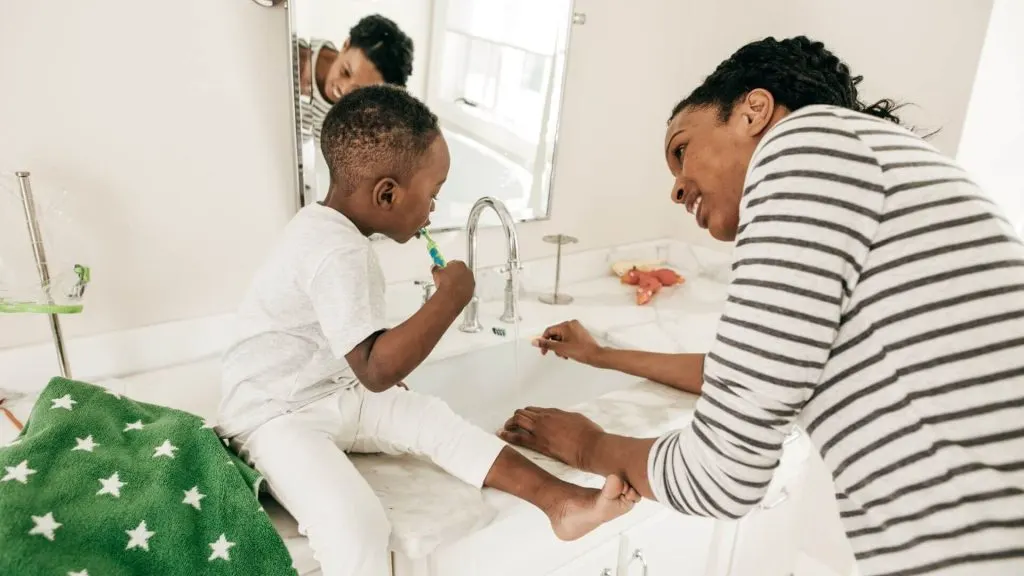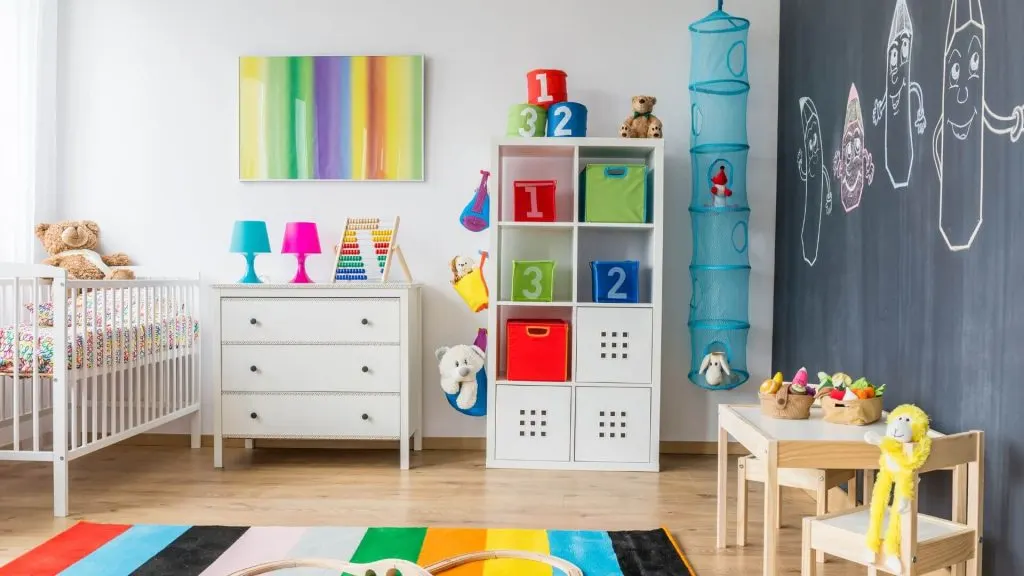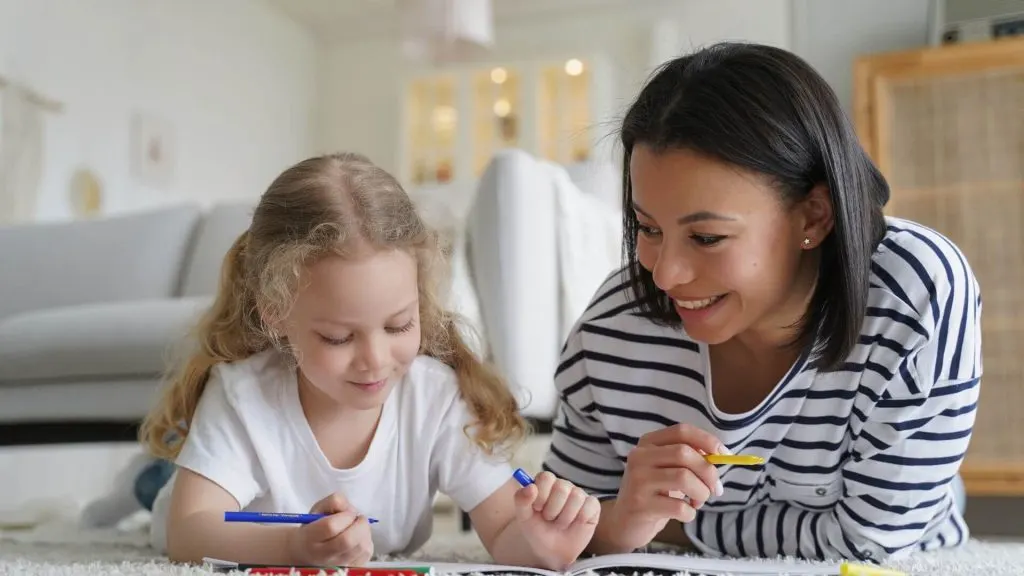Whether your little one is heading to kindergarten or has already started primary school, it can be a nerve-wracking time. This is why getting your child ready for their school years is important.
If you feel like you are not quite ready to start this process, don’t worry, as there are plenty of things you can do to help your child get into the swing of their new routine and feel prepared for the first day. Follow these tips to ensure your little one starts their school day happy and confident!

Make a morning routine
To help your child feel more prepared and comfortable for school, it’s important to establish healthy morning routines. This will help them to get into a good frame of mind and allow them to focus on the fun parts of getting ready for school, such as talking and reading together.
A good morning routine takes the stress out of waking up, preparing for school, and getting everyone out the door on time. The key to making it work is consistency. That means sticking to it, no matter how tough it might be at first.
Implement these routines a few weeks before school starts to ensure your child gets used to it when the time comes. You can make it even easier by making a chart of your family’s morning routine and involving the whole family. Once it is set up, you can refer to it regularly and ensure your kids stay on track with their schoolwork. They’ll also have a visual reminder of what they need to do in the morning, so there will be fewer chances of misplacing materials and folders at school.
Depending on your child’s age, they might be able to come up with their own silly phrase or song for these processes, so they can remember what they need to do when it’s time to leave the house. This will also be a fun way to build the routine together.
Another thing you can do is have your kids check and recheck their backpacks before leaving the house so they don’t forget any books or assignments. This will save you time and hassle in the morning just as much as https://www.paperhelp.org/ can save time for your child’s future study struggles in later school years.
In the end, a morning routine is not about being perfect, though, because there are many different types of mornings, and it’s important to find the one that works best for your unique situation.

Create a Designated Homework Area
A dedicated homework area can greatly impact your child’s overall school experience. Whether it’s a kitchen table, a separate room, or a built-in nook, it will help them feel focused and organized while working on their assignments.
Creating a dedicated space for your child’s homework will allow them to set up a routine and do their work on time. You can also use it to teach them organization skills and how to create a quiet workspace for studying.
Incorporate storage and organization elements into your child’s homework nook, such as bookshelves or cubbies, for easy access to important items like scissors, markers, paper, and pencils. You can also add station ports for smart devices or computers to accommodate your child’s further needs in studies.

Talk to your child
Many children are anxious about going to school, and this is perfectly normal. It’s common for them to worry about new things, such as friends, teachers, or starting a new class.
Your job as a parent is to help your child overcome these feelings so they can enjoy school and the new challenges it brings. The most effective way to do this is to talk to your child about their worries and fears and reassure them that these are all normal emotions.
If your child is having trouble getting ready for school, talking about how they feel and what they hope to achieve during the day can be helpful. This can help to alleviate any anxiety or fears they may be feeling about school and make it easier for them to be calm, confident, and prepared for the new routine.
It’s important to remember that your child’s anxiety and worries are real, and they need to be addressed. You might be able to talk to their teacher about what’s going on at school and what strategies you can use to help them stay focused and motivated during the day.
Ultimately, your goal is to help your child build a solid foundation for their future success. This means teaching them the skills to deal with their worries so they can find solutions for themselves if needed.

Make it fun
To make the transition from kindergarten to school smoother, try to make the process as fun as possible for your kid. While this may sound counterintuitive, it will pay off in the long run.
An excellent place to start is to find out what your child needs and wants for the upcoming school year. Depending on your child’s interests, you might want to look for a school that offers extracurricular activities like music, sports, or even art.
If you have the time and patience, a trip to the local museum or science center can be a good way to show your child the importance of studying in the funniest way possible. If done right, your child may even end up aspiring to be the next great scientist or inventor. Getting your kids excited about learning is a challenging feat. Still, a little bit of imagination and a hefty dose of pixie dust can go a long way towards helping the transition from home to classroom go smoothly for everyone.

Jessi is the creative mind behind The Coffee Mom, a popular blog that combines parenting advice, travel tips, and a love for all things Disney. As a trusted Disney influencer and passionate storyteller, Jessi’s authentic insights and relatable content resonate with readers worldwide.
